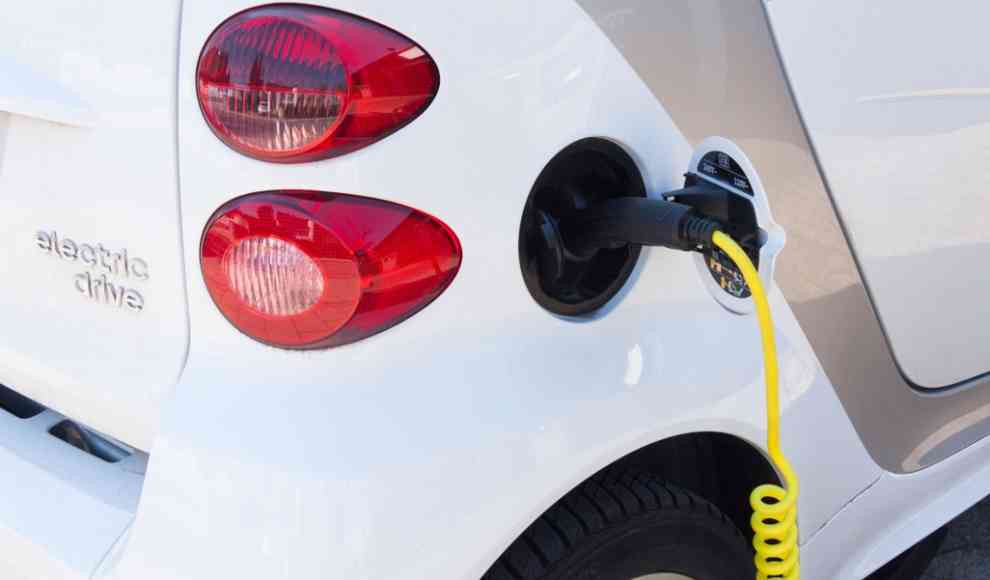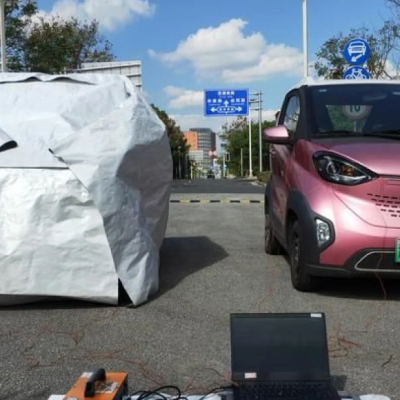The extraction of lithium has been known to cause significant environmental damage. However, a new pilot project is exploring the possibility of economically extracting the raw material for car batteries from geothermal water in Germany. According to the Association of German Industrial Engineers (VWI), lithium is a key element in the production of batteries for electric cars until alternative technologies such as SALD batteries become market-ready. Currently, two-thirds of the world’s production of the alkali metal is done through traditional mining in Australia, while lithium is also extracted from salt lake brines in Chile, Argentina, and Bolivia. However, various environmental organizations criticize these methods due to the pollution of the environment caused by tailings ponds and evaporation of water in already dry regions, which increases local water scarcity. As a result, scientists are looking for alternative ways to extract this important raw material.
Researchers at the Karlsruhe Institute of Technology (KIT) have presented an approach to extract lithium from geothermal water. The team, led by geoscientist Klemens Slunitschek, is working with EnBW and other partners to create a pilot plant that filters lithium from the pumped-up water using manganese oxide. About 200 milligrams of lithium can be extracted per liter of water. The filtered lithium is then dissolved again using a highly diluted solution of hydrochloric acid. This process allows for the extraction of a large portion of the lithium from geothermal water in just a few minutes. Previously, this resource was left unused and returned to the ground.
In 2021, Germany imported 7,267 tons of lithium, according to data from the Federal Statistical Office (Destatis). In 2019, it was already 90,151 tons. The current trend towards electric cars will significantly increase demand in the future. Therefore, the KIT project can only cover a small portion of the demand, even if it is successful. According to the scientists’ calculations, the geothermal plant could produce enough lithium for about 20,000 car batteries per year if it operates for 8,000 hours. Thermal waters with high lithium content are also present in other regions, such as the North German Basin. If the technology is successful, production could be significantly expanded.
Klemens Slunitschek










